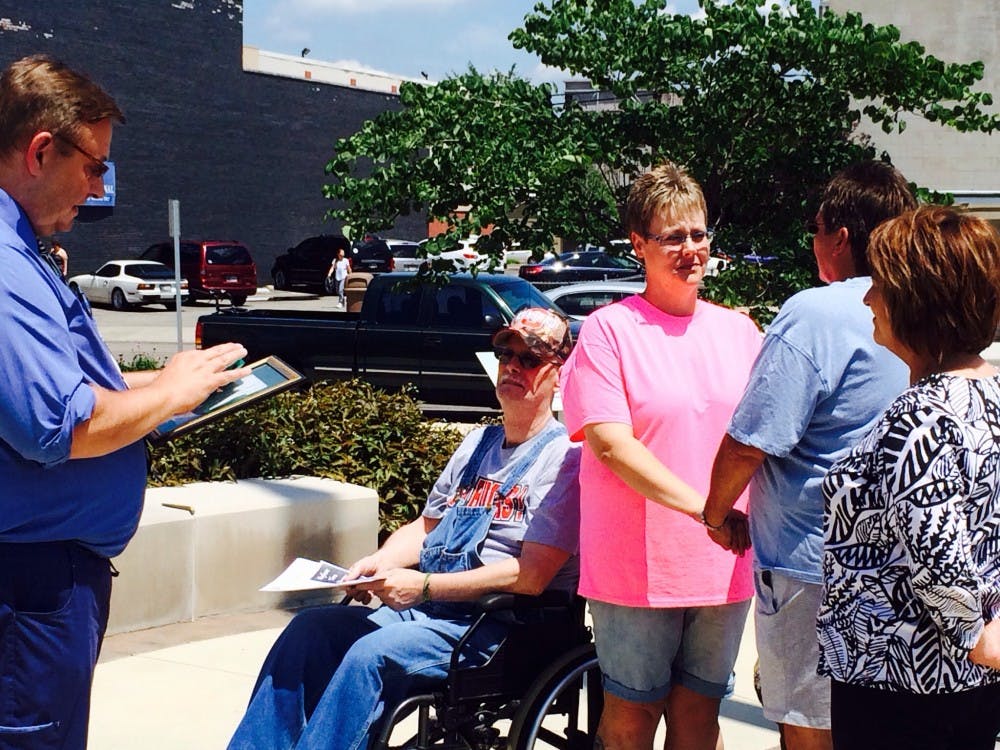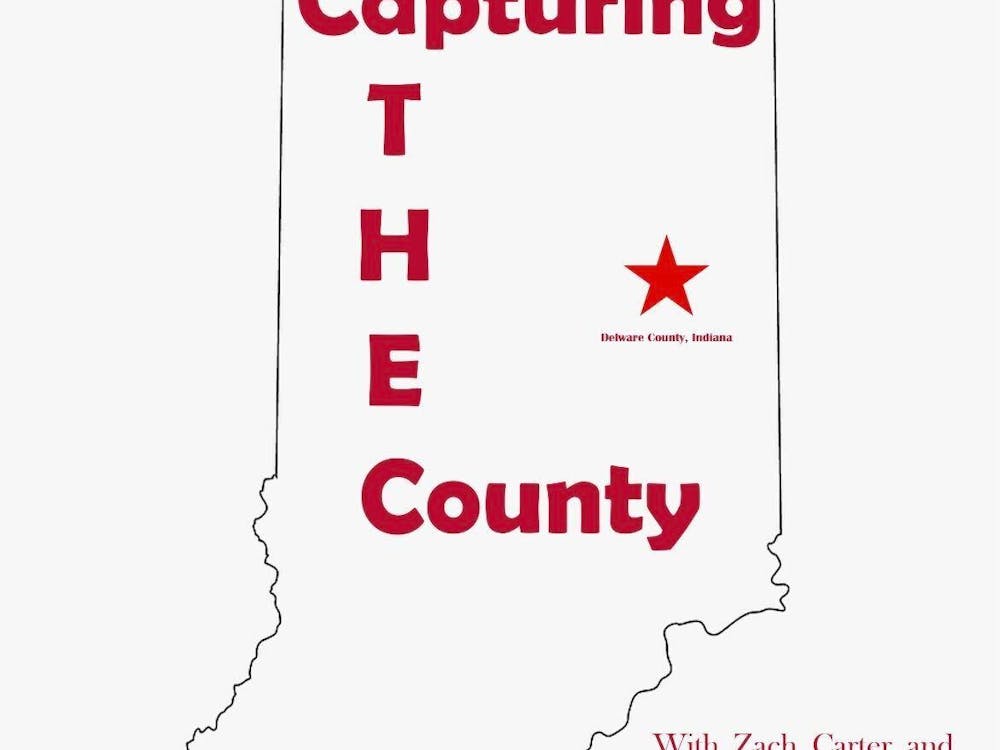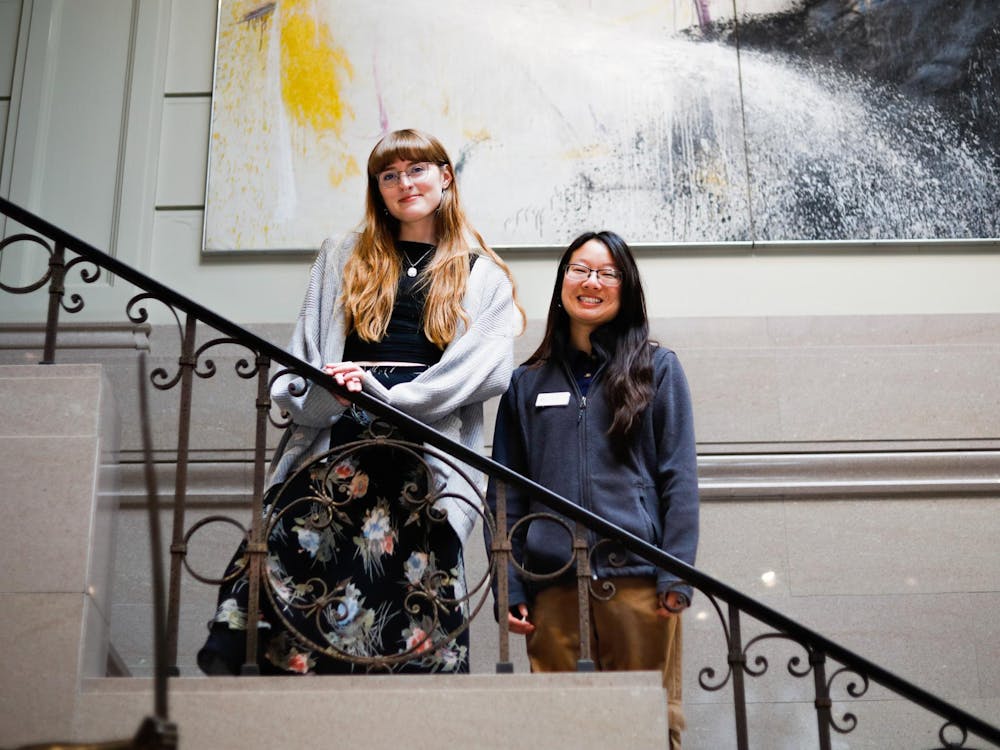U.S. 7th Circuit Court of Appeals in Chicago granted a stay on same-sex marriages in Indiana, putting a hold on marriage license applications and causing uncertainty for those who already filed.
The Indiana attorney general's office, along with the Indiana State Department of Health commissioner, the Boone County clerk and the Hamilton County clerk, filed a motion for the emergency stay during the appeals process after a federal judge struck down Indiana's ban on same-sex marriage Wednesday.
As for the couples who filed marriage licenses already, their status is in limbo.
According to The Associated Press, the attorney general's office said it's premature to require Indiana to change its definition of marriage until the U.S. Supreme Court weighs in on the issue as is widely expected.
Prior to U.S. District Judge Richard Young's ruling Wednesday, Indiana had refused to recognize same-sex marriages that were performed legally out of state. Indiana's law defines marriage between a man and a woman.
While that law is not in the state constitution, some lawmakers have tried to change that with House Joint Resolution 3.
HJR-3 passed through the state Legislature earlier this year. This amendment would change the state's constitution to say marriage is between a man and a woman. However, HJR-3 will need to pass through the House and the Senate in the upcoming session before it can go to a public vote, the earliest in 2016.
Young wrote in his ruling that Indiana's ban on same-sex marriage violated the Equal Protection Clause of the U.S. Constitution and noted that courts across the country have agreed.
Due to his ruling Wednesday, same-sex couples were allowed to apply for marriage licenses, file joint tax returns, receive pension benefits and have their partners listed as spouses on death certificates. The state was ordered to recognize legally performed same-sex marriages, as well.
While the stay may be a hit to same-sex marriage rights in Indiana, it also acts as a charge to keep fighting for at least one proponent.
“It is frustrating, but it’s also a push to keep going, keep signing petitions," said Christie McCauley, president of Spectrum, a campus group for lesbian, gay, bisexual, transgender and queer students and allies. "… It is like a drive, I guess."
She said the court’s decision to stop marriages across the state was inevitable.
“I am not surprised — a little sad — but not surprised,” she said. “It is Indiana. We are known for being a very red state and we have had a lot of strong proponents against same-sex marriage for a while.”
Although marriages are stopped for now, McCauley is confident that if the case reaches the Supreme Court, marriage equality would prevail. The decision would stop the flip-flopping rulings that have plagued state decisions on same-sex marriage, she said.
She said Indiana’s reputation as a red state made Wednesday’s decision a stepping stone toward legalization in other states, and the stay didn’t affect that.
“I don’t think the stay undoes the progress that that ruling made. ... It made a lot of progress,” she said. “I don’t think it will be long now that ... we [will] have it again.”

|
Related articles:





